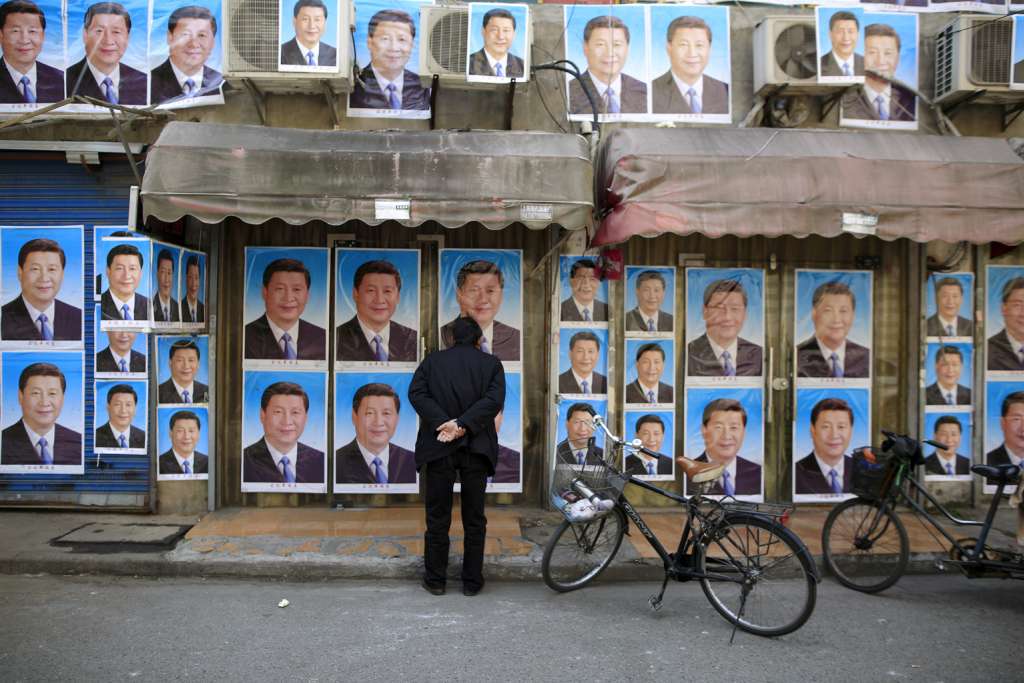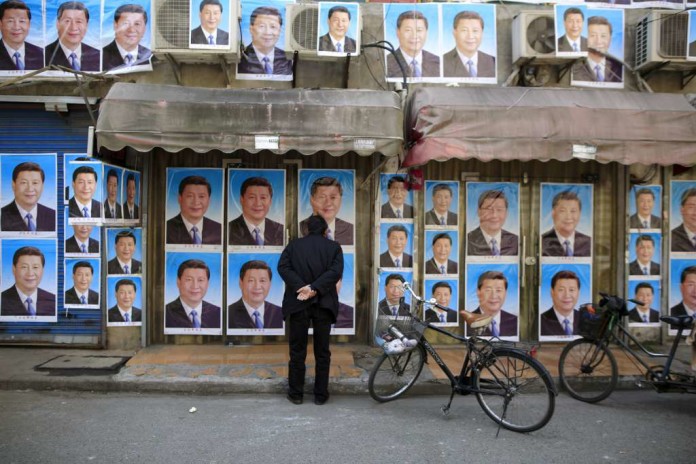In addition to Trump, analysts say the biggest challenge facing the nation’s rise is internal
For China and Xi, it will be a difficult and uncertain 2017, not just because of the unpredictability of US President Trump.
As Trump broke decades of traditions and talked directly with Taiwan’s President Tsai Ing-wen and questioned the “one China” policy as the foundation of Sino-US relations, the troubled Taiwan Strait became more unstable. Normal relationship.
China separates Taiwan from the motherland as a separate province, and Miss Choi is independent.
But the biggest challenge facing emerging countries in the coming year is internal challenges, analysts say.
The first is the transition of leadership that will take place next year, possibly in November, at the Nineteenth National Congress of the Chinese Communist Party.
Lee Kuan Yew School of Public Policy Professor Huang Jing said, has begun to hold the post.
Xi Jinping hopes to step down in 2022, because this meeting is his successor, so he began to reform, the policy will continue beyond two terms, as General Secretary, said in Singapore, East Asian Institute, in a recent forum.
To this end, Xi Jinping himself was designated as the party’s core leadership, so he has the right to choose his successor.
But that does not guarantee that he will succeed in doing so.
But Xi will continue to be the anti-corruption movement in the new year, which more broadly illustrates part of the Communist Party’s corruption and economic reform.
This was because he updated the two provisions at the sixth plenary meeting in October.
He said the move was aimed at improving the rule of law, strengthening party discipline, and eliminating wrongdoing in cadres such as money worship, hedonism and luxury.
The third challenge facing Xi is that China continues to rely on the growth of globalization in the face of slowing domestic economic growth and unstable global conditions. Reform continues to reform the economy.
Read: Chinese airlines in the case of re-entering the South China Sea
Mr Xi said that after he began to clean up local governments and state-owned enterprises, he began reforming the core of economic activity, and the financial sector was “the most corrupt”, he added. This would be a daunting task for Chinese leaders.
Compared with the domestic challenges, Xi Jinping will have easier time in foreign relations, analysts said.
In the region, the Asian Center for American Center, the 12-nation Trans-Pacific Partnership Trade Agreement, was rejected by Trump.
At the Asia-Pacific Economic Cooperation summit in Peru last month, Xi felt an opportunity to ensure that China supported the Asia-Pacific Free Trade Area and the smaller regional economic partnership (excluding the United States).
In addition to the region, China is expected to play a bigger role in combating global warming, as Mr. Trump is responsible for the treatment of climate change skeptics.
All is not optimistic, Trump on China’s huge threat to the import tariffs and his “one China” policy questioned.
China’s neighborhood is not stable enough.
North Korea’s Kim Jong-un is working to achieve nuclear power; South Korean President Park Geun-hye was overturned by Congress into a scandal-scandal; Japan is working to make its forces play a bigger role in defending their coasts.
Read: China “does not do enough” to promote relations with smaller countries
In order to effectively deal with external uncertainties, China and Mr. Xi will need to solve the internal problems, Professor Wang said.
“Only in the infinite conditions, China can safely deal with foreign aggression.
suinoi@sph.com.sg

This article was first published on Dec 27, 2016.
Get a copy of The Straits Times or go to straitstimes.com for more stories.






